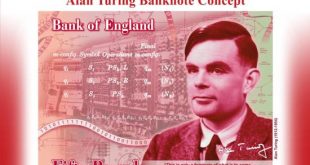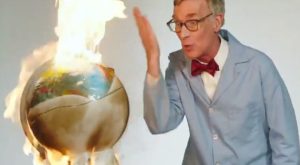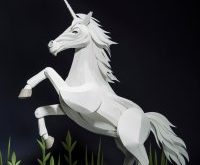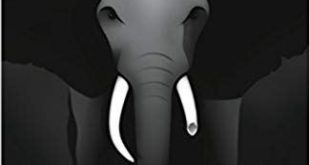[embedded content]
Read More »Two must-read statistics books
Two must-read statistics books Mathematical statistician David Freedman‘s Statistical Models and Causal Inference (Cambridge University Press, 2010) and Statistical Models: Theory and Practice (Cambridge University Press, 2009) are marvellous books. They ought to be mandatory reading for every serious social scientist — including economists and econometricians — who doesn’t want to succumb to ad hoc assumptions and unsupported statistical conclusions! How...
Read More »Les feuilles mortes
[embedded content]
Read More »Honouring Alan Turing
Alan Turing — mathematician, war hero, father of computer science and artificial intelligence — will be the face of Britain’s £50 note. Honour to whom honour is due. Great.
Read More »Schluss mit dem Homöopathie-Hokuspokus
In Frankreich wurde entschieden, dass Patienten zukünftig homöopathische Mittel selbst zahlen müssen. Auch in Deutschland ist eine Debatte entfacht. Die Homöopathie ist eine obskure Irrlehre. Vermeintliche Heilungserfolge erklärt sie mit einem mystisch-magischen “Gedächtnis des Wassers”, mit “Energie” und “Schwingungen.” Dieser Hokuspokus ist um nichts wissenschaftlicher als die Geisterbeschwörungen der Santeria-Vodoo-Priester in Haiti. Homöopathie ist durch die moderne...
Read More »Hier encore j’avais vingt ans
Hier encore j’avais vingt ans [embedded content]
Read More »Fausse science
Un livre publié en 2010 par Naomi Oreskes et Erik M. Conway, traduit en 2012 sous le titre Les Marchands de doute (éditions Le Pommier), a magistralement démontré, au terme de plusieurs années d’enquête, comment de grandes entreprises, souvent soutenues par des groupes d’intérêt et des organisations farouchement hostiles à l’idée même de régulation, étaient parvenues à mettre massivement en doute les résultats scientifiques les mieux établis … Dans tous les cas, les méthodes...
Read More »Why economic models do not give us explanations
Why economic models do not give us explanations Economic models frequently invoke … entities that do not exist, such as perfectly rational agents, perfectly inelastic demand functions, and so on. As economists often defensively point out, other sciences too invoke non-existent entities, such as the frictionless planes of high-school physics. But there is a crucial difference: the false-ontology models of physics and other sciences are empirically...
Read More »Et maintenant
[embedded content]
Read More »What is ergodicity?
Time to explain ergodicity … The difference between 100 people going to a casino and one person going to a casino 100 times, i.e. between (path dependent) and conventionally understood probability. The mistake has persisted in economics and psychology since age immemorial. Consider the following thought experiment. First case, one hundred persons go to a Casino, to gamble a certain set amount each and have complimentary gin and tonic … Some may lose, some may win, and we can...
Read More » Lars P. Syll
Lars P. Syll






